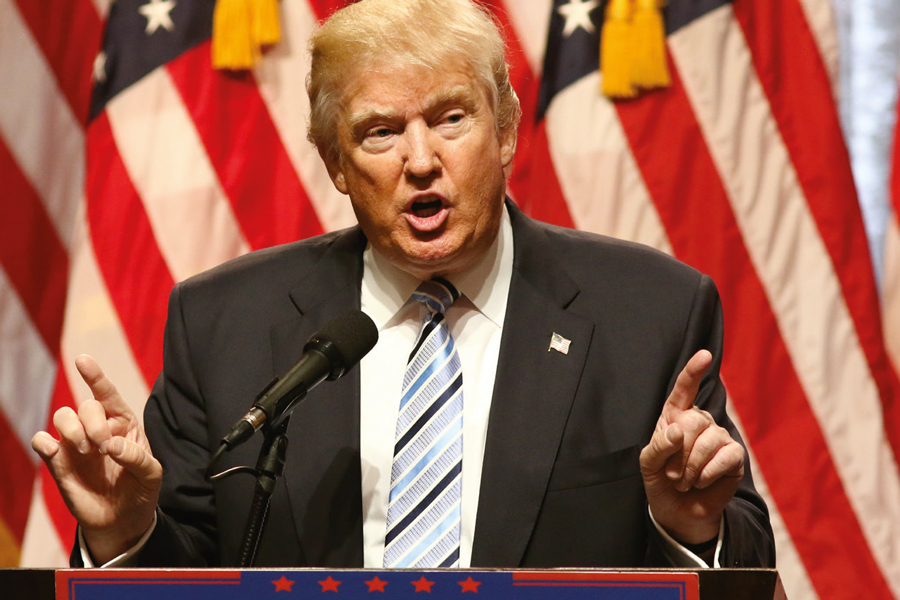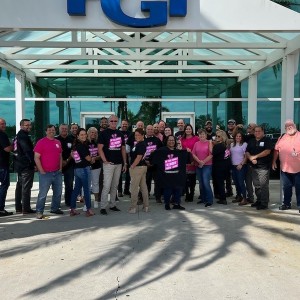President Donald Trump on the trail promised major shifts in trade with China and Mexico, including a 35-percent tariff on imports from Mexico and a 45-percent tax on goods from China. So what impact would any of this have on manufacturing along the Gulf Coast? Peter Straw, executive director of the Sarasota Manatee Manufacturers Association, says to be careful to judge before specifics get worked out. “But I have always maintained American manufacturing will maintain as long as it’s on a level playing field with everybody,” he says. “A tariff is one way to level the playing field, but I’m not sure what impact that would have on a global economy.”
Right now, Florida is a state that imports significantly more than it exports, according to the US Census. In 2015, the $53.9 billion worth of goods and commodities were exports from the state, down 7.7 percent from 2014. By comparison, $73.4 billion came into Florida in 2015, a boost of 2.2 percent over the prior year. Many companies headquartered here make goods both domestically and abroad—Intertape Polymer Group, for example, sells packaging tape to wherever the nearest plants are. James Bologna, marketing director, figures if tariffs boost production here, it will help sales.
But Straw notes the greatest cost of doing business in the US is the regulation levels and healthcare costs that plants in Mexico and China do not bear. “If we are putting our own businesses out to buy for competitors, that’s unfair,” he says.











